Projects
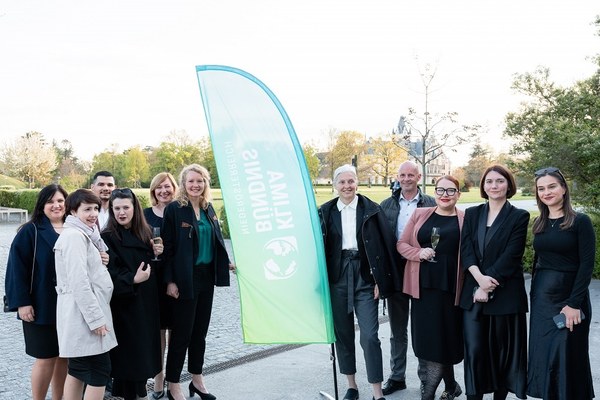
Climate Bridges network in action
New momentum for climate protection and cooperation in the Western Balkans: the “Climate Bridges Network in Action” project is launching an action plan to revitalise the newly established Western Balkans network. Together with local organisations, the project partners are developing a wide range of measures for both the environment and the climate.
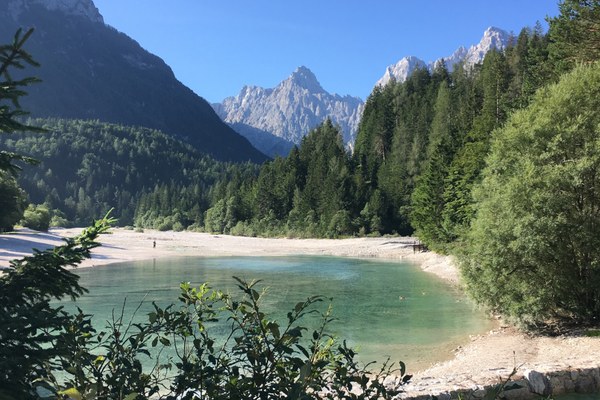
LiveAlpsNature
The LiveAlpsNature project contributes to the preservation of biodiversity in Alpine protected areas, which are increasingly being used for nature and health tourism. To this end, the project team is developing new visitor guidance concepts and leisure activities and integrating them into digital platforms.
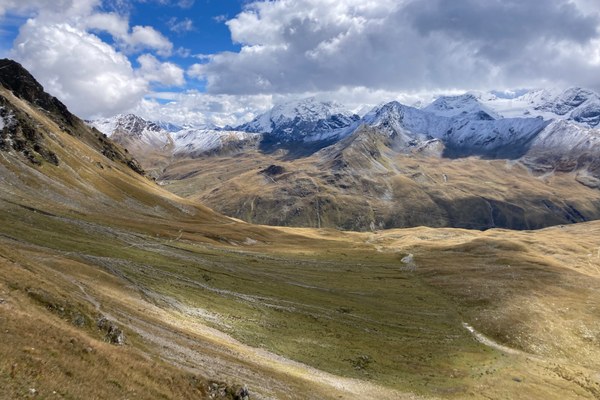
AlpsLife – observe globally, act locally
The successful protection of biodiversity in the Alps is only sustainable through Alpine-wide monitoring and management. This is the aim of the AlpsLife project.
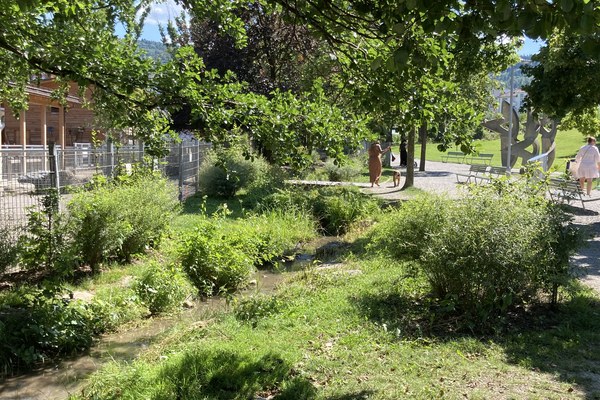
Nature-based solutions and their governance structures in the Alpine region
In view of the global challenges of climate change and biodiversity loss, the use of nature-based solutions (NbS) is becoming increasingly important. On behalf of the German Federal Environment Agency, ifuplan (lead) and CIPRA International are preparing a report on “Nature-based solutions and governance structures in the Alpine region”. The aim of the report is to analyse the potential of various NbS in the Alpine region and the governance mechanisms behind them that ensure their success. Based on this, their transferability to other Alpine regions will be analysed and recommendations for action formulated.
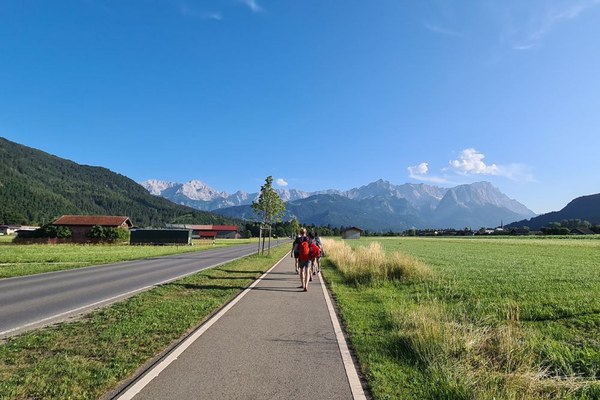
DINAMO
[Project competed] In many rural areas of the Alps, public transport services are inadequate for daily needs and tourism development. In some remote mountain regions, this is one of the reasons why there is a considerable amount of car traffic, especially on weekends, public holidays and during rush hours. There are various reasons for this, including the high cost of public transport solutions due to low population density, inadequate public transport options (such as timetables, accessibility, connectivity, travel time and costs) and political and social preferences in favour of private motorised transport.
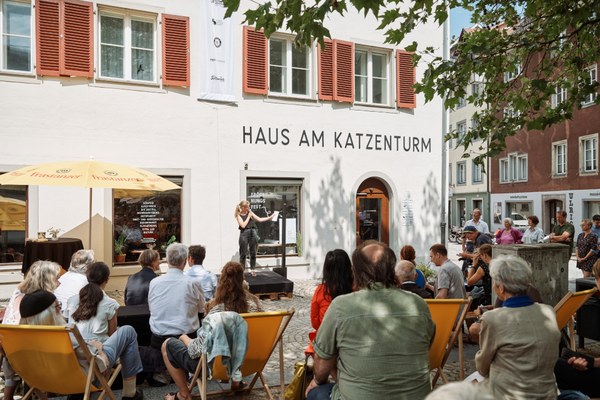
Haus am Katzenturm Association
Along with the association of the same name in Feldkirch/A, the “Haus am Katzenturm” networks NGOs from the environmental and nature conservation sector in the Lake Constance region and makes their topics accessible to a broad public.
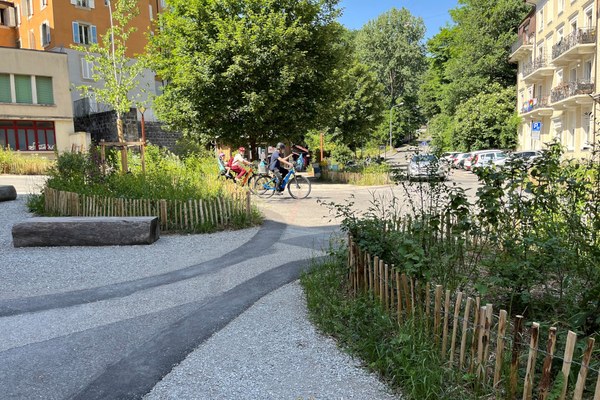
Ground:breaking
Soils are among the most important resources we have. CIPRA's new Ground:breaking project shows why desealing land benefits everyone and what is needed at political, legal and local level in the Alpine region to achieve this.
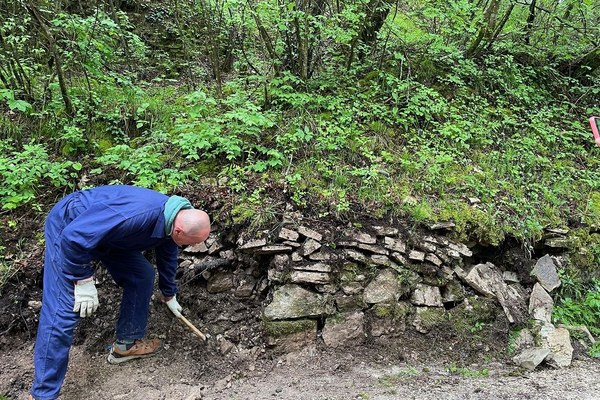
StoneRich
Stones create life: the SteinReich project aims to raise awareness of valuable elements of the Alpine cultural landscape, such as rock fragment piles and dry stone walls.
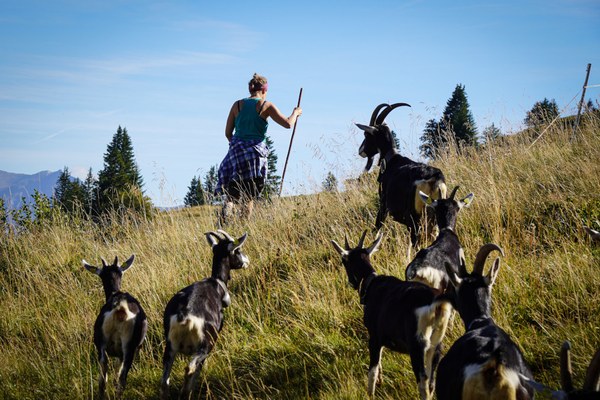
Dialogues on wolves – strengthening shepherds’ networks in the Alps
[Completed] A project that promotes exchanges of knowledge across national and linguistic borders between shepherds in the Alpine region.
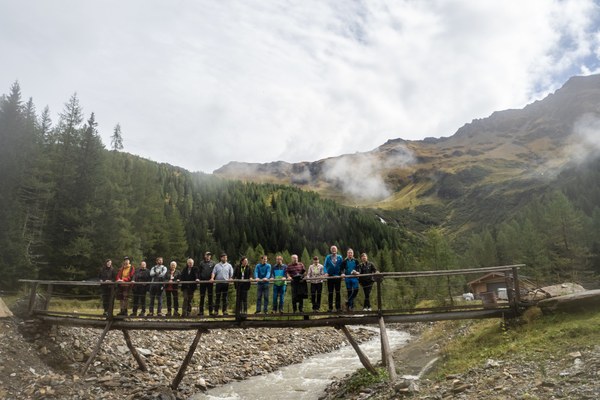
JeloviZA
[Project completed] The JeloviZA project aims to improve the condition of ecosystems and conserve certain species in the Slovenian Natura 2000 site Jelovica. Six project partners are working on a management plan for the area, which will include nature conservation, tourism and regional development.
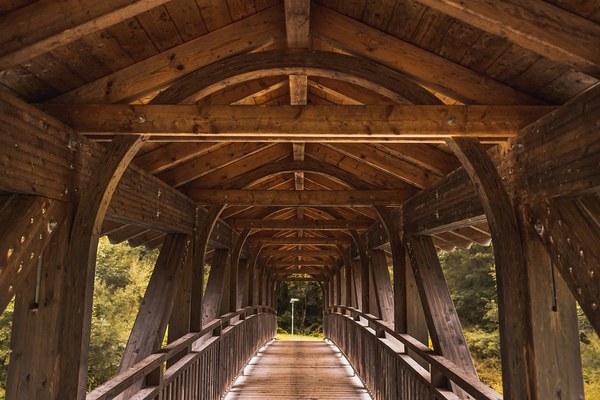
Climate Bridges
[Project completed] The Climate Bridges project strengthens cooperation for transnational climate protection in the Western Balkans, from Croatia via Bosnia-Herzegovina to Albania. Together with other NGOs, CIPRA Lab is setting up a network platform for this purpose.
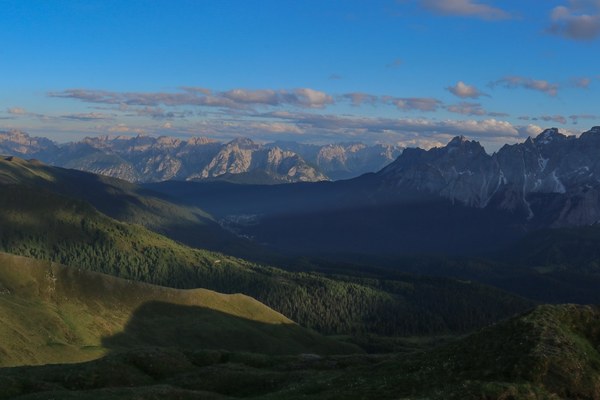
Via Alpina Explorer 2022
[Project completed] Hiking boots on, get set, go! To celebrate the 20th anniversary of the Via Alpina, the long-distance hiking trail across the Alps, we are awarding eight hiking scholarships of €1,500 each to selected individuals with the support of the VAUDE Sport Albrecht von Dewitz Foundation.
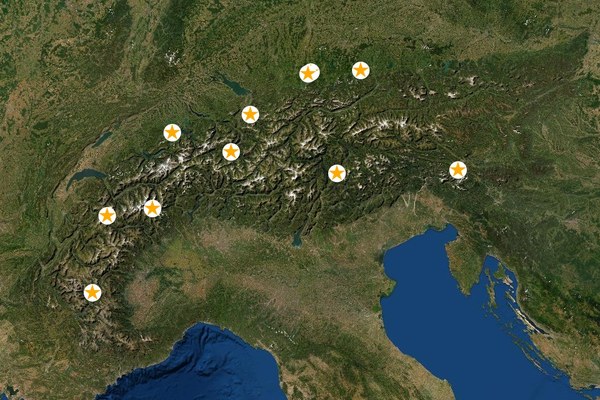
Saving:Soils
[Project completed] With its project “Saving:Soils”, CIPRA is working for a trend reversal in the use of land in peri-urban areas in order to put scientific findings into practice, make pilot examples visible and encourage imitation.
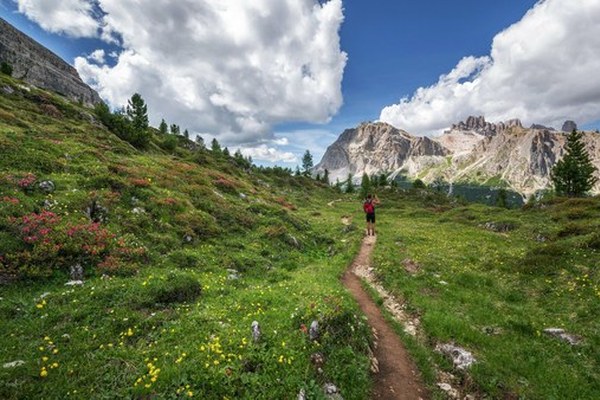
speciAlps2
[Project completed] More and more people are seeking recreation and balance in the natural surroundings of the Alps. This trend is not only being reinforced by the corona crisis, but also by society’s increasing pressure to perform. This puts increasing pressure on animals and plants, but also on destinations with their infrastructure and inhabitants. It is essential for visitors to be guided: the speciAlps2 project raised awareness of the protection of nature and landscape in the Alps and developed measures to guide visitors.
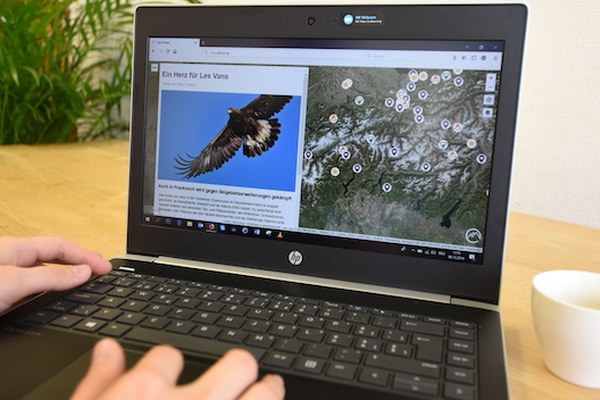
Re-Imagine Alps
[Project completed] Relations between humans, and between humans and nature, are the focus of the “Re-Imagine Alps” project. People take responsibility for their environment when they feel concerned and involved. Landscape here serves as a frame of reference and focal point for the perception and communication of sustainability issues: various relationships, memories and visions are illuminated in respect of, by, and for landscape in the overall Alpine context. Responsibilities and obligations grow out of ideas and relationships.
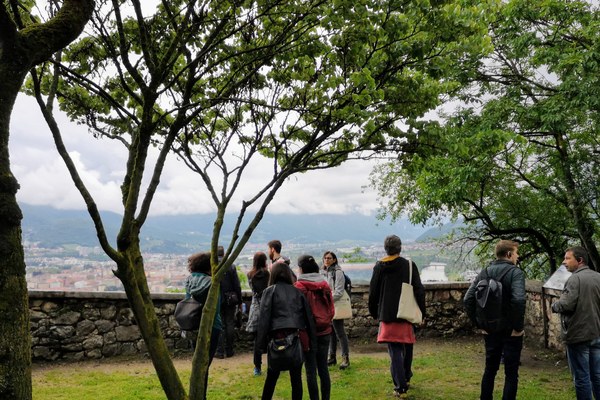
UrbaBio
[Project completed] In the project UrbaBio, representatives of the participating Alpine Towns of Annecy, Belluno, Chambéry and Trento drew on each other's broad pool of knowledge to promote biodiversity in the city.
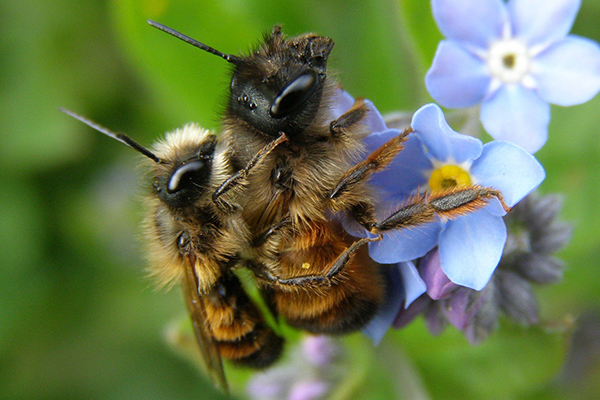
BeeAware!
[Project completed] The aim of the project BeeAware! is to inspire communities in the Alps for bee protection and thus to improve the livelihoods of honey and wild bees. Bees are depending on an intact biodiversity. The different bee species need different plants, nesting and drinking places in order to survive. Integral bee protection therefore means securing, improving and enlarging the habitat of these important pollinators.
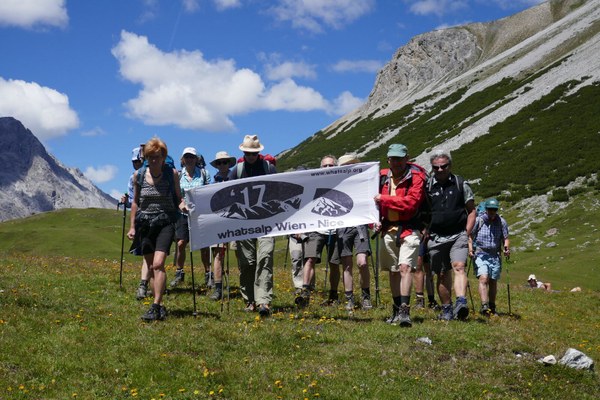
whatsalp
[Project completed] Starting 3rd of June 2017, a group of Alpine experts were hiking through Austria, Switzerland, France and Italy from Vienna to Nice in the course of the project “whatsalp”. They documented the current state of the Alps and exchanged experiences with different people on-site and on the way.
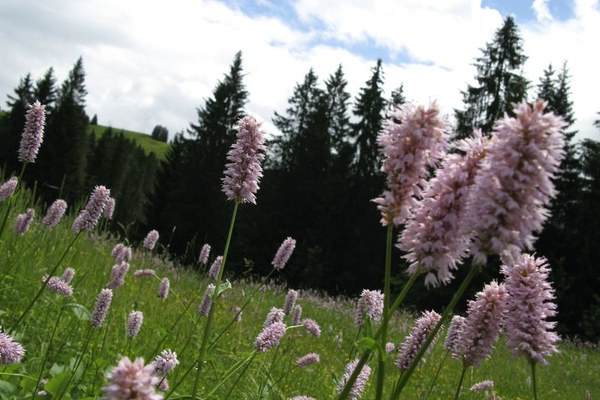
speciAlps
[Project completed] Grasslands, marshes, hedges, biotopes and woods are examples of natural treasures and biological diversity that are of great value to alpine regions and municipalities. Not only do they offer a habitat for plants and animals, but also humans value functioning natural areas for their attractiveness and the quality of life they offer. Nevertheless, –these areas have much more potential than we often realise and there is much more every municipality can do!
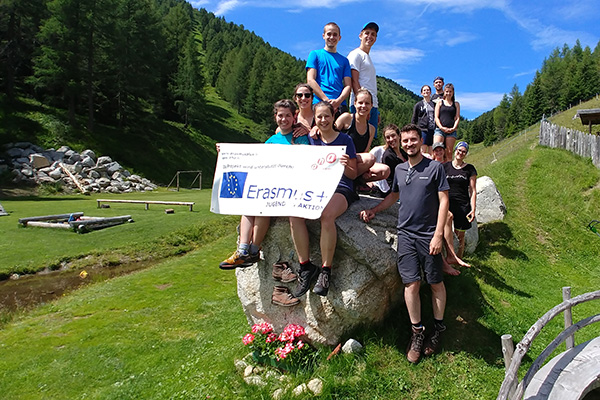
whatsalps youth
[Project completed] Many young people spend most of their time indoors, sit in front of the TV or the computer. The "whatsalp youth"-project lured them out. The CIPRA Youth Council, together with CIPRA International and other project partners, was implementing it.
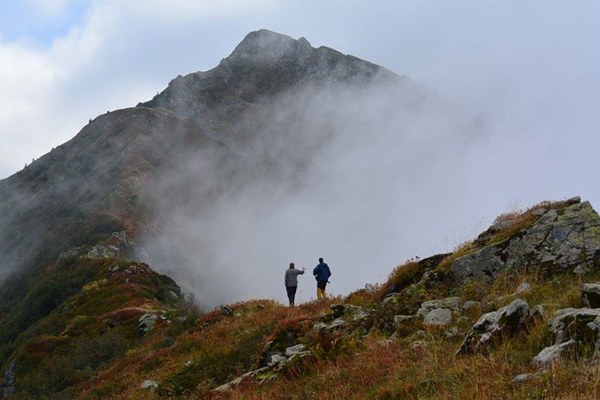
Worthwild
[Project completed] Only minimally impacted by human intervention, areas with limited infrastructural development in the Alps provide European societies with a wide range of ecosystem services, such as the conservation of biodiversity and climate regulation.
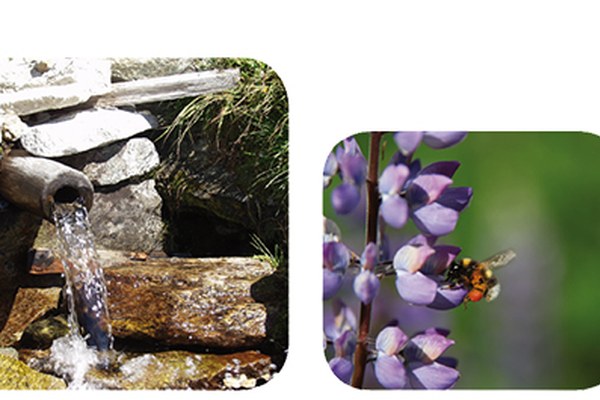
AlpES
[Project completed] Ecosystems and their services go beyond national borders and need a transnational approach for their dynamic protection, sustainable use, management and risk prevention. As a basis for joint action, public authorities, policy makers, NGOs, researchers and economic actors – the AlpES target groups – need a common understanding of ecosystem services, comparable information on their status and support in using appropriate tools for integrating them in their fields of work.
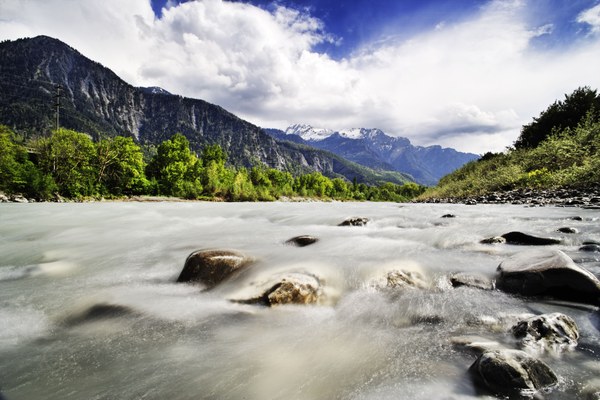
SPARE – Alpine rivers as society’s lifelines
[Project completed] What is the state of the Alpine rivers? How can we bring those responsible and other interested parties to committing themselves to holistic river management? The SPARE project strives to answer these and other questions.
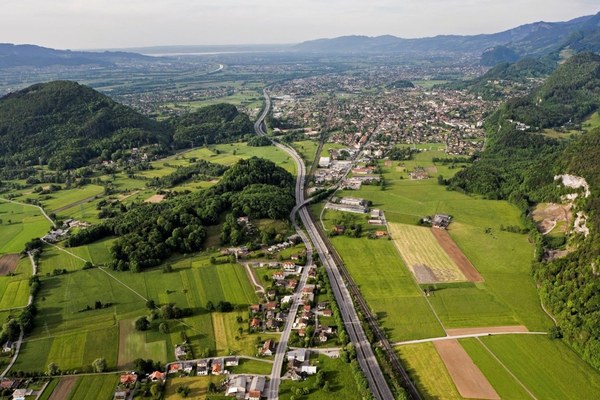
Alpine Rhine Valley Green Belt
[Project completed]
Future in the Alps
[Project completed]
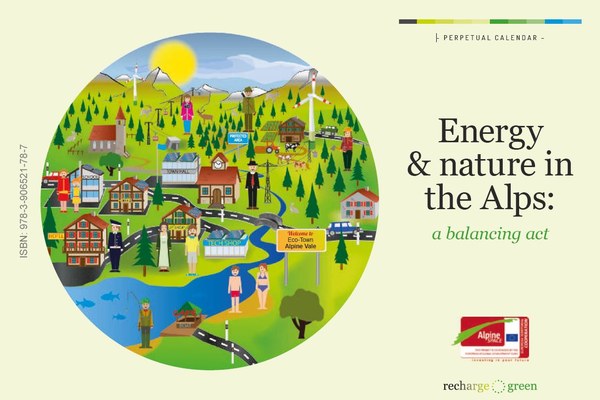
recharge.green
[Project completed]
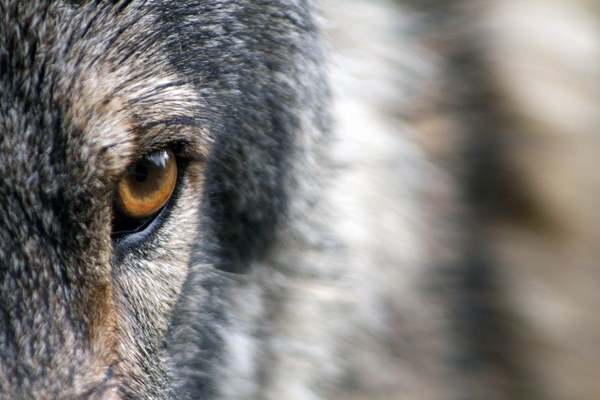
Knowledge transfer on the co-adaptation of humans and wolves in the Alpine region
[Project completed] The return of large carnivores is increasingly causing the fronts to harden between different groups of stakeholders. Among the large carnivores returning to the Alps, the wolf is the most widespread and therefore the most widely debated animal. Wolves are synanthropic animals and cross boundaries - physical as well as intangible ones – regularly. Thus, they have been accompanying and influencing social and cultural processes since time immemorial. In this project, CIPRA has taken on the task to collect, analyse, make available and disseminate knowledge about the co-adaptation of humans and wolves throughout the Alps.
International Year of Mountains 2002
[Project completed]
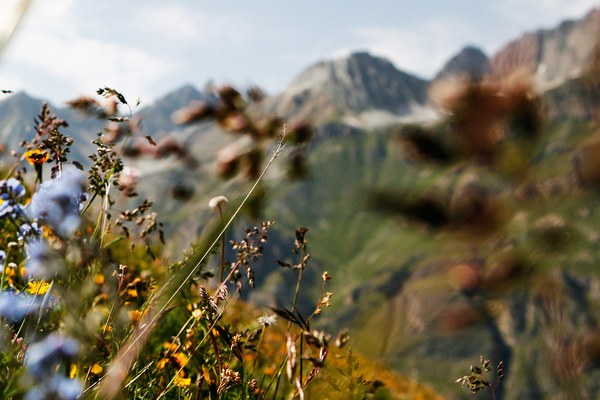
greenAlps
[Project completed]
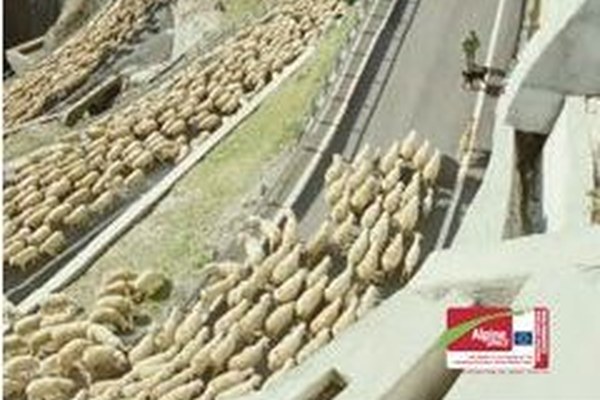
ECONNECT
[Project completed]